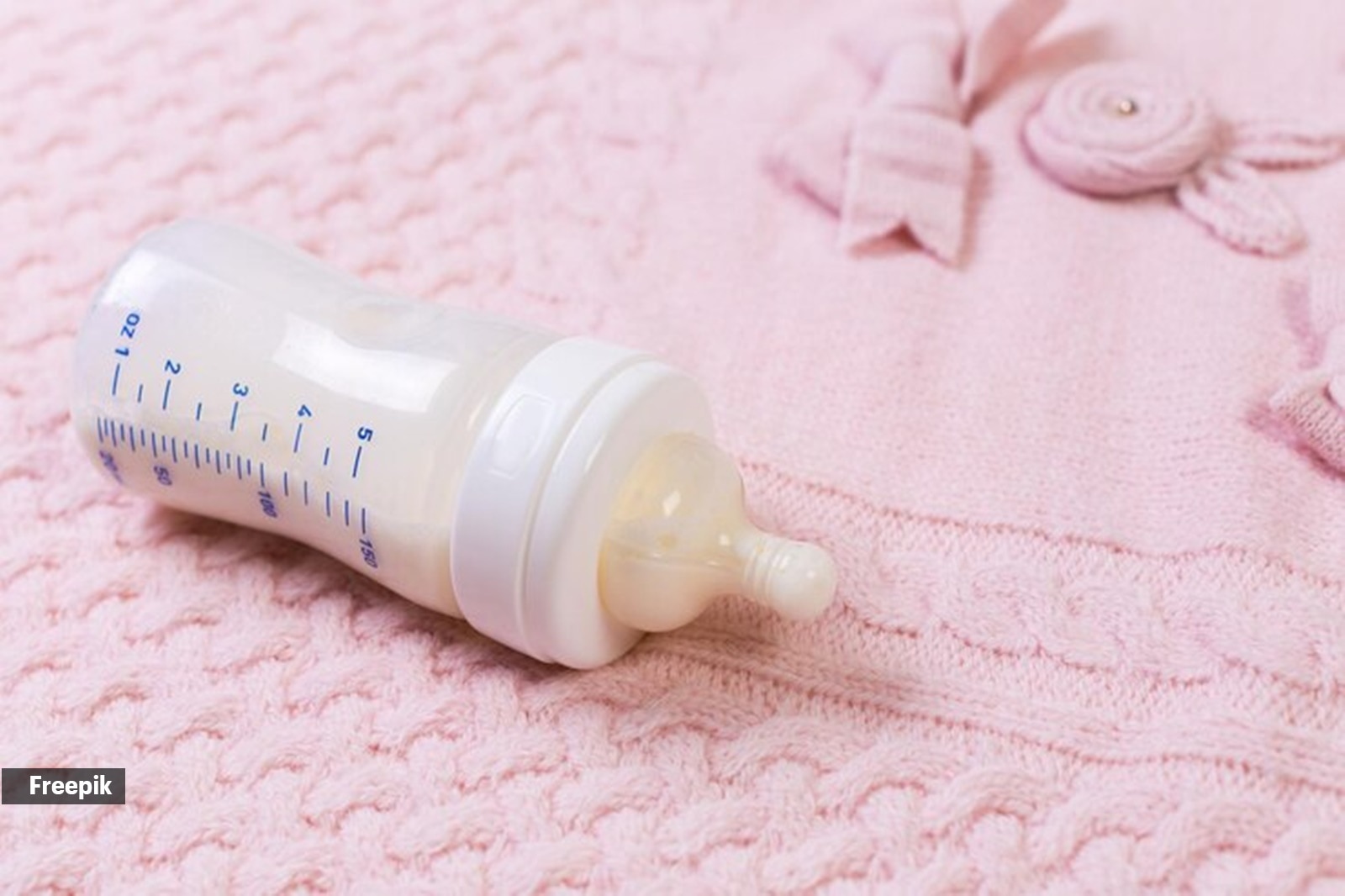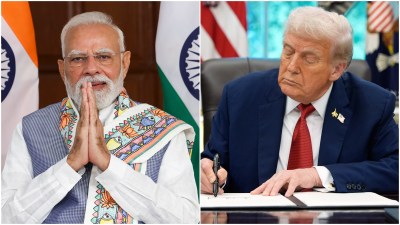📣 For more lifestyle news, click here to join our WhatsApp Channel and also follow us on Instagram
‘A year ago, I was firmly against having a child’: Richa Chadha on eco-anxiety, using baby items passed on from Dia Mirza
"Ali is very mindful of single-use plastics, more so for the baby," Richa Chadha added
 Richa Chadha shares how her partner, Ali Fazal, is equally committed to an eco-friendly approach (Source: Instagram/Richa Chadha)
Richa Chadha shares how her partner, Ali Fazal, is equally committed to an eco-friendly approach (Source: Instagram/Richa Chadha)As environmental concerns grow, the decision to start a family increasingly intersects with questions about sustainability and eco-conscious living. For Richa Chadha, this has been a deeply personal journey.
Reflecting on her shift from reluctance to embracing parenthood in an interview with Vogue India, she revealed, “A year ago, I was firmly against having a child, and climate change was a very big reason. This is the hottest year we’ve had, and likely the coolest year you and I will experience going forward. Eco-anxiety is a real thing for people like me who lie awake thinking about it.”
Richa shares how her partner, Ali Fazal, is equally committed to an eco-friendly approach, especially for their child: “I don’t want to be some kind of consumer robot, constantly looking to buy more things wrapped in plastic that end up in the ocean. In fact, Ali is very mindful of single-use plastics, more so for the baby.”
Inspired by her close friend Dia Mirza, who actively promotes sustainable parenting practices, Richa has welcomed items passed on from friends, including Mirza, Soha Ali Khan and her prenatal yoga instructor, saying, “There’s a wonderful community of women who may not make a big fuss about it, but they’ll say, ‘I’ve kept this for you,’ and then you pass it on too.”
How can parents manage eco-anxiety when raising children?
Vishal Kumar, CEO at Waste Warriors Society, tells indianexpress.com, “Eco-anxiety is becoming increasingly common among parents who worry about raising children in an uncertain environmental future. According to a global survey conducted by The Lancet, over 50% of parents in countries with high climate vulnerability, like India and Brazil, reported significant eco-anxiety. This anxiety is not only challenging but can also be mentally draining, impacting how parents approach daily life.”
To combat these feelings, he mentions a focus on “practical, small-scale actions that give parents a sense of agency.” For instance, by reducing waste or opting for sustainable products in their homes, parents can feel they’re actively contributing to the planet’s health.
 Plastic baby bottles often release microplastics and other toxic chemicals when exposed to heat. (Source: Freepik)
Plastic baby bottles often release microplastics and other toxic chemicals when exposed to heat. (Source: Freepik)
Another key strategy is educating children about nature, Kumar notes, such as taking them on hikes, planting trees together, or explaining how recycling works. “By involving children in these practices, parents can build a positive narrative around environmental efforts, shifting the focus from anxiety to action.”
Practical steps can parents take to reduce single-use plastics and minimise waste
Kumar suggests the following steps:
Reusable Diapers and Wipes: Switching to cloth diapers and biodegradable wipes reduces plastic waste significantly. An analysis by Environmental Health Perspectives in the United States shows that one child using cloth diapers instead of disposables can prevent around 5,000 single-use diapers from ending up in landfills.
Glass and Stainless Steel Bottles: Plastic baby bottles often release microplastics and other toxic chemicals when exposed to heat. In response, several eco-conscious families are opting for glass or stainless steel bottles, which are safer, more durable, and recyclable.
Assess Toxicity of Toys: Many toys are made of plastics which includes toxic chemicals like phthalates, flame retardants, plasticisers, and heavy metals etc. Parents have to demand for more transparency in material and toxicity disclosure in kids toys, and purchase toys more carefully.
Sharing Economy: Creating a community of like-minded parents helps in multiple ways, including a safe space to share things like kids’ clothes, and toys etc as kids outgrow these very quickly, making these products obsolete very soon.
📣 For more lifestyle news, click here to join our WhatsApp Channel and also follow us on Instagram




- 01
- 02
- 03
- 04
- 05






















